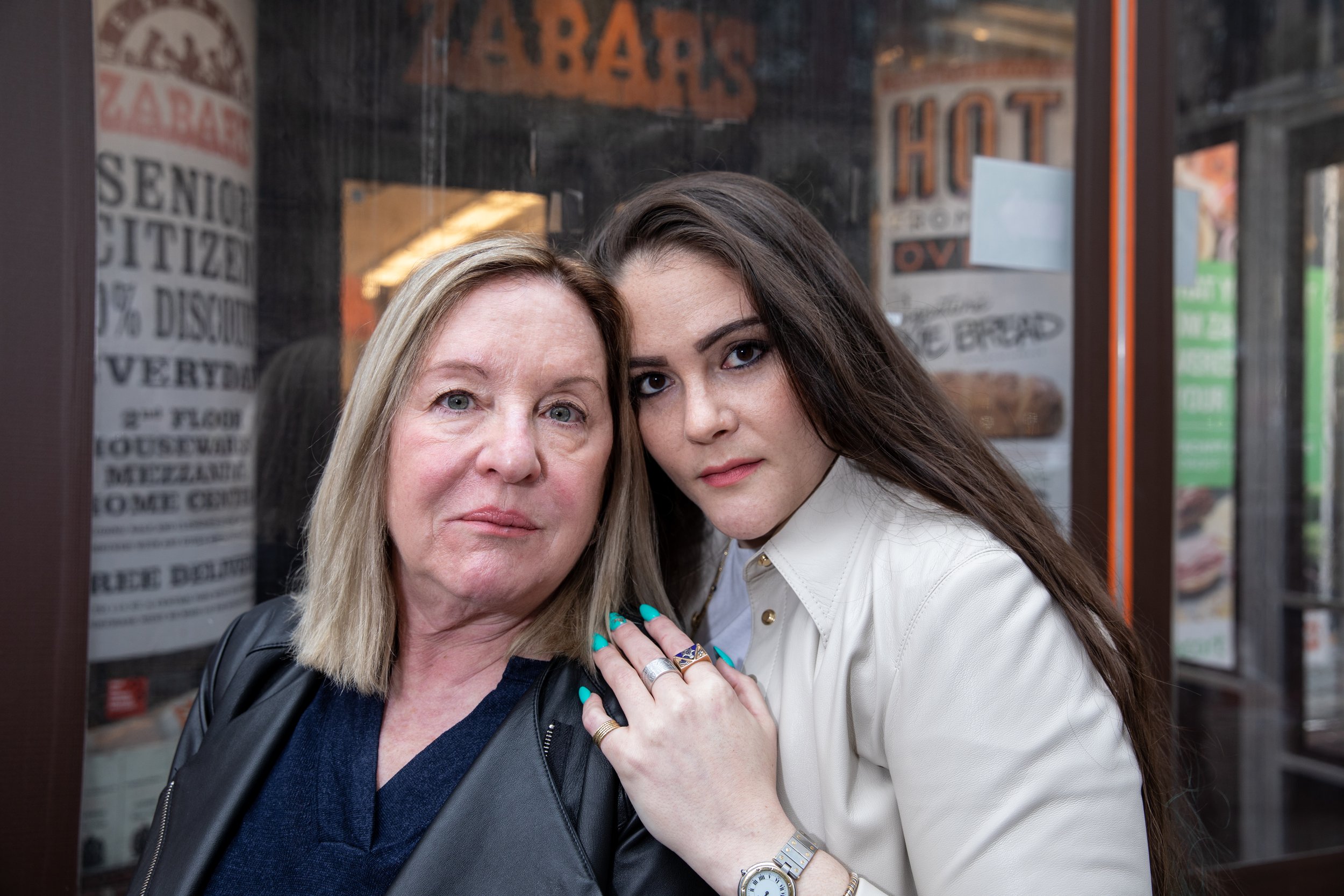It has been 20 years since four planes hijacked by terrorists crashed into the Twin Towers, the Pentagon, and a field in Pennsylvania. The attacks killed nearly 3,000 people and left a lasting impact not only on those affected but the nation and the world. Over 400 first responders died on September 11, 2001, among them were three women, Port Authority Captain Kathy Mazza, EMT Yamel Merino and NYPD Officer Moira Smith.
"There just doesn’t seem to be any rhyme or reason about who made it and who didn’t. You made a left and you lived; you made a right and you died," said Chief Terri Tobin. These women shared their stories of their loss and the trauma that they endured. Many of them have physical and mental lasting injuries. They carry the impact 20 years later, every. single. day.
Read the full story in Smithsonian Magazine: Words by: Jennie Rothenberg Gritz









